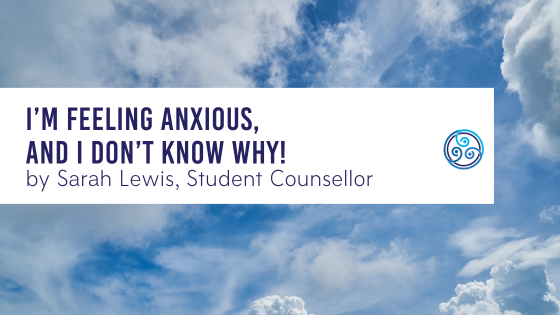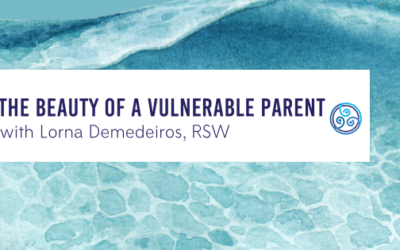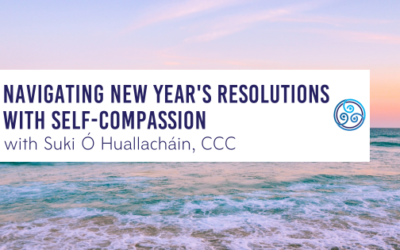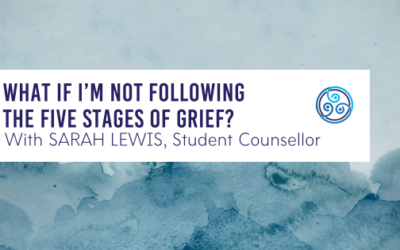Anxiety is a tough feeling! It’s squirmy and uncomfortable and sometimes it shows up as a pressure in the chest. I even know a few people that have ended up in the emergency room because they thought they were having a heart attack, only to find out from the doctor that it was anxiety! It can be an intense feeling!
Anxiety can be a very useful emotion. It lets us know that something is important to us, is valuable to us, and we care about an outcome. At its core, anxiety is the body’s natural response to stress or danger. It’s the primal instinct that triggers the famous fight-or-flight response, preparing us to confront or escape potential threats. In moderation, this response is adaptive, helping us navigate challenges and stay safe. When anxiety becomes too much, it can be like a faulty smoke alarm – we’re not sure if we can trust that there is a cause for alarm, but we are still dealing with the effects.
What do we do when we have anxiety and we’re not sure if it’s a response to something that matters to us, or a false alarm? To start, we check in with ourselves. To do this, we can use the acronym S.O.B.E.R.
S – Stop what you are doing. Give yourself some space to pause and check in with yourself.
O – Observe what is happening in your body and your mind. We’re not judging here, just taking a look to see if there is some new information available about what we’re feeling.
B – Breathe. Take a deep breath in and out, and allow yourself to be still for just a moment.
E – Expand your body and mind. Think big picture and allow yourself a wider perspective.
R – Respond with awareness. Make a choice with what you want to do next. Sometimes our choice can just be to wait a moment, and let the feeling pass, like waves in the sea.
If we’ve done our check in, and there is no specific cause to our anxiety, and we have a smoke alarm that just seems to be going off at random times, that’s also useful information! We might need more time and attention towards strategies that promote general relaxation. Here are 5 things you can try:
- Practice Mindfulness: Cultivate mindfulness through techniques such as deep breathing, meditation, or body scans. These practices anchor your awareness in the present moment, helping to alleviate rumination and reduce the grip of anxious thoughts.
- Challenge Negative Thoughts: Challenge the validity of negative thoughts that fuel anxiety. Ask yourself if there is evidence to support these thoughts or if they are simply manifestations of fear. Replace them with more realistic and positive perspectives.
- Establish a Routine: Structure your day with a consistent routine. Establishing regular sleep patterns, meal times, and exercise routines can help regulate your body’s natural rhythms, promoting stability and reducing anxiety.
- Practice Self-Compassion: Be gentle with yourself and practice self-compassion. Treat yourself with the same kindness and understanding that you would offer to a friend facing similar challenges. Remember that it’s okay to not be okay sometimes.
- Seek Professional Help: Know when to seek professional help from a therapist or counselor. Therapy can provide valuable tools and support for managing anxiety, offering personalized strategies tailored to your unique needs.



